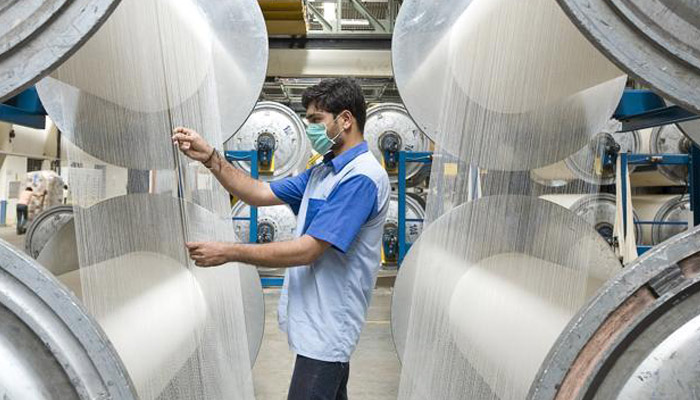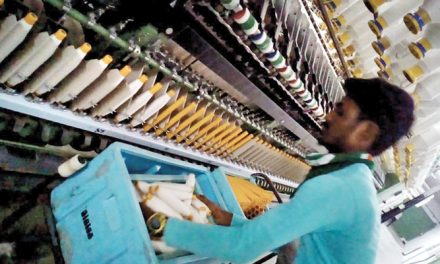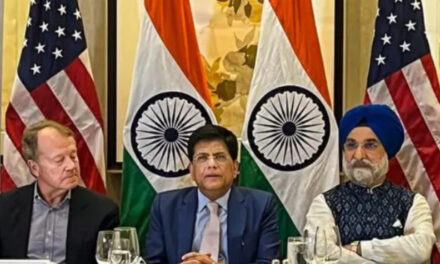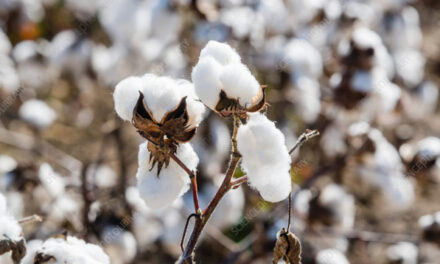Less than a month after it doubled import duties on over 70 textile and apparel products, India’s Government has unveiled plans to add another 328 items to the list. The move is aimed at protecting domestic manufacturers from rising imports – especially from China – amid concerns that worsening trade relation between the US and China could aggravate the dumping of cheaper products on the Indian market. The notification tabled recently by Minister of State for Finance, Pon Radhakrishnan, said the government seeks to “Increase customs duty on 328 tariff lines of textile products from the existing rate of 10 per cent to 20 per cent…under Section 159 of the Customs Act, 1962.”
According to a report, imported innerwear, pyjamas, baby garments, tracksuits and swimwear are among the latest products that will see import duty doubled. These are in addition to the 76 textiles and apparel items – including 24 knitted apparel categories and 24 woven apparel categories such as jackets and suits – on which import duties were hiked recently. India, the world’s biggest producer of cotton, has been hurt by rising imports, with textile and apparel imports up 16 per cent year-on-year to $7bn in the year 2017-18, according to the Confederation of Indian Textile Industry (CITI). China is the largest supplier of apparel to India, with the trade deficit between the two standing at $1.543 bn. India exported $1.362 bn worth of textile and apparel products to China in 2017-18, while India’s textile and apparel imports from China stood at $2.905 bn. According to CITI Chairman Sanjay Jain, among the very few items in which India is more competitive than China are cotton based textiles such as yarn, fabric and made-ups.
However, he also points out that competing countries such as Vietnam, Indonesia, Pakistan and Cambodia enjoy duty-free access to the Chinese market, while the Indian products carry a 3.5 per cent, 10 per cent and 14 per cent duty on yarn, fabric and made-ups, respectively. India’s cotton yarn exports to China fell by 53 per cent from 2013 to 2017, whereas Vietnam’s exports of cotton yarn to China increased 88 per cent during the same period. Among other challenges Jain suggests Bangladesh is a gateway for Chinese fabric entering India duty-free thanks to its full exemption from basic customs duty. This is because no rules of origin are in place for duty-free imports from Bangladesh. In 2017-18, India’s imports of apparel from Bangladesh rose 44 per cent to $201 mn from $140 mn the year before.
It also wants a higher import duty on manmade fibre (MMF) spun yarn and MMF based fabrics, claiming the introduction of the goods and services tax (GST) last July has led to a huge surge in imports that is impacting domestic yarn and fabric manufacturers. The GST is a nationwide tax levied at each stage of the supply chain from manufacture to final sale to the consumer.


















